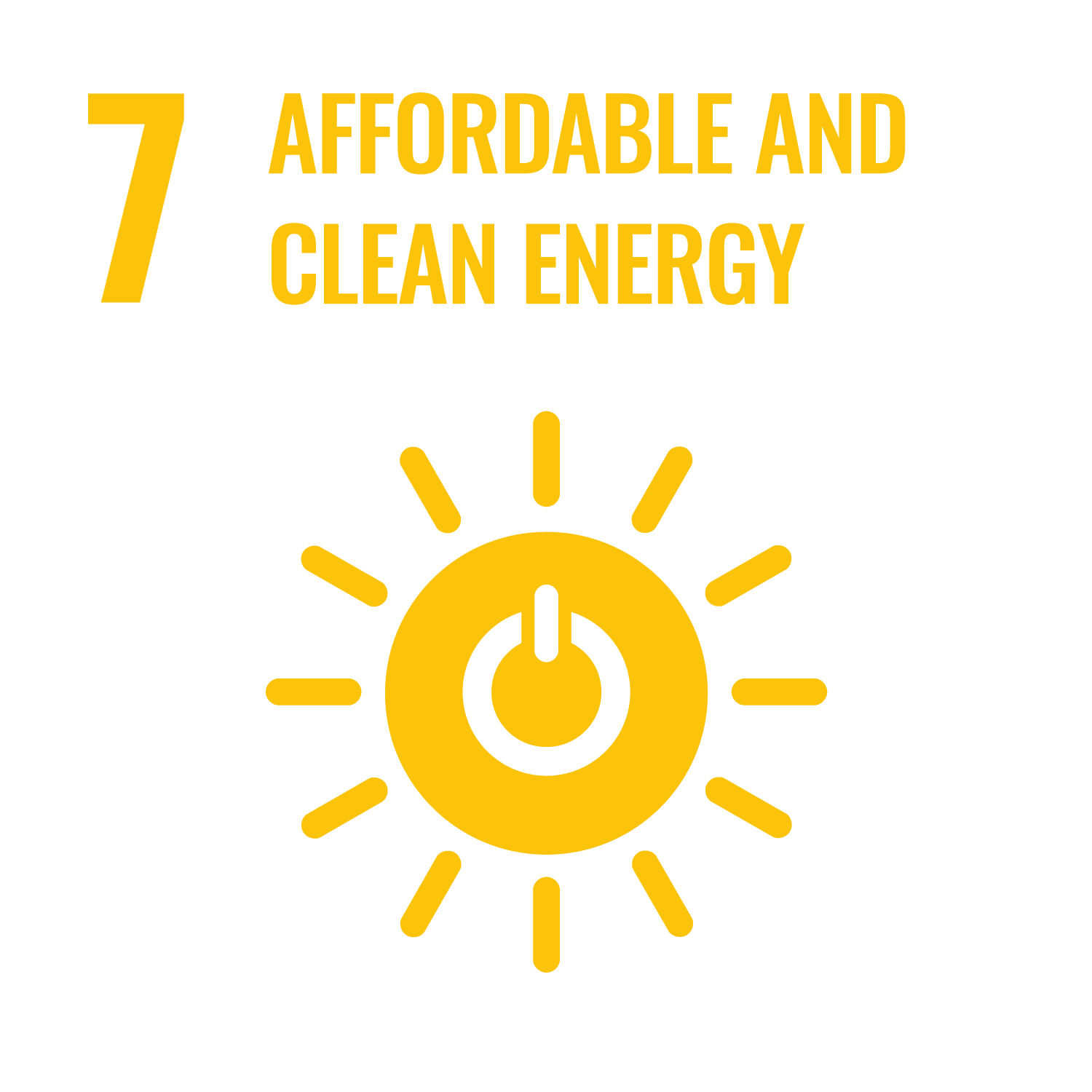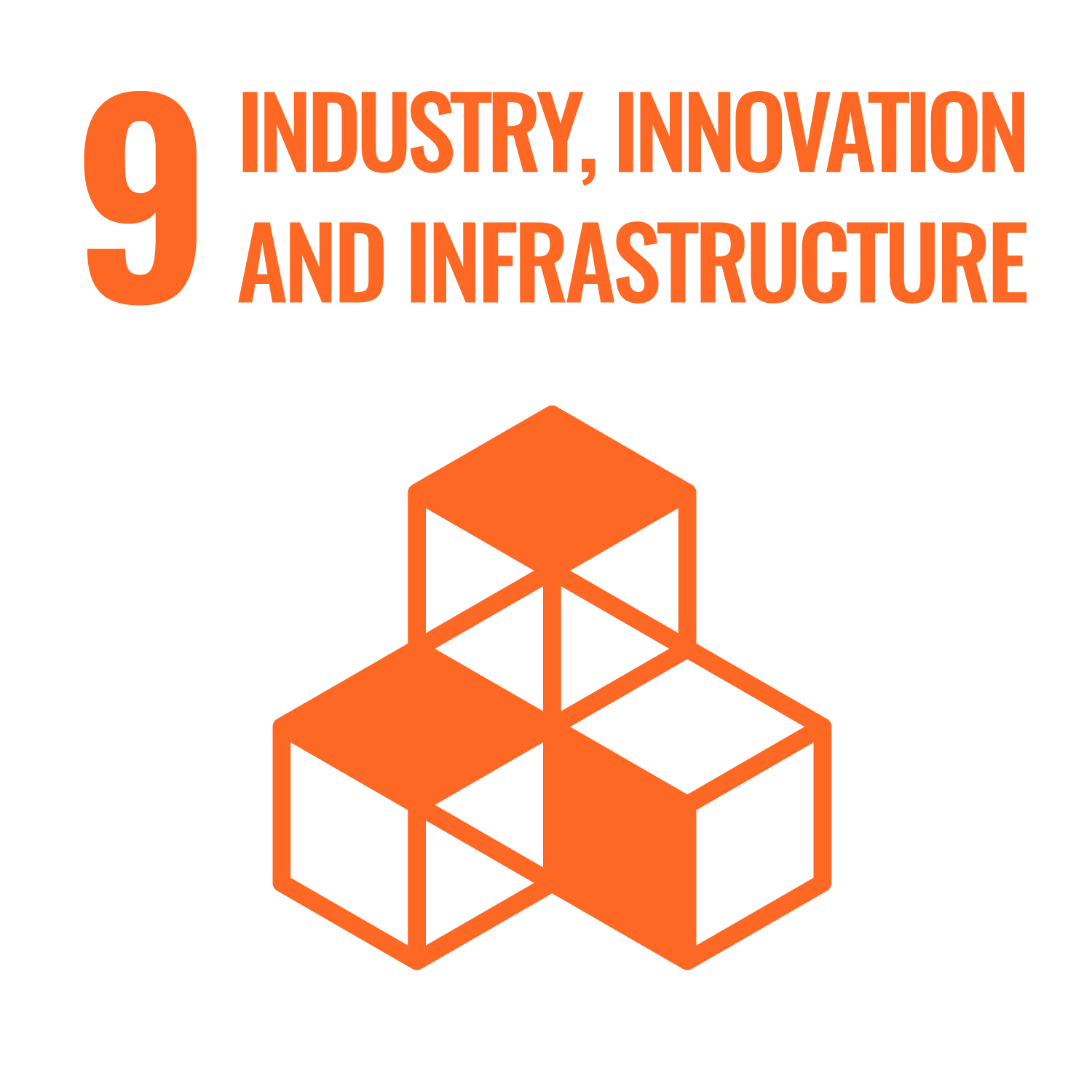
Fuel a Greener World
We’re committed to reducing our contribution to climate change, and to helping the UK meet its environmental targets.
Our focus SDG's



Improving our environmental performance
Environmental factors are rising to the top of the global agenda. The UK government is accelerating moves to reduce greenhouse gases, while consumer behaviour and priorities are changing. As this trend continues, MFG will continue to play a key role by minimising the impact of its operations on the environment and supporting the UK’s transition to a low carbon economy.
To make sure we adhere to our legal and environmental responsibilities, we operate an Integrated Health, Safety and Environmental (HSE) Management System that provide comprehensive policies and procedures to minimise our environmental impacts and drives continuous improvement.
Managing environmental risks
MFG follows the established Streamlined Energy and Carbon Reporting (SECR) governance framework. It also provides clear requirements for us to measure ourselves against.
Fast, clean energy for electric vehicles
The forecourt of the future will need to cater for various different energy sources. Changing attitudes towards hydrocarbon fuel products and the development of more efficient technology and cleaner fuels is steadily driving down demand for liquid fuels. In addition, the government has brought forward the planned ban on the sale of new petrol- and diesel-only cars and light vans by five years to 2030. MFG is at the forefront of this revolution.
We’re playing a pivotal role in developing the core infrastructure that will underpin the Government’s policy to provide an extensive electric vehicle (EV) charging network across the UK. We embraced this change back in 2018, and charging points have now been installed at more than 10% of our sites – the highest rate of rollout in the independent sector. We’re also investing in ultra-rapid EV charging hubs. The first one opened in February 2021, and we’ll continue to roll out hubs throughout the rest of the decade.
Customers will of course still require petrol and diesel fuels for decades to come, and we will continue to provide these in the most socially and environmentally responsible manner possible.
Climate change and carbon emissions
The pressure on businesses to reduce their carbon footprints will continue to increase. We’re proactively implementing programmes and policies that enable us to drive continual improvements in energy efficiency.
This includes upgrading our fuel infrastructure on an ongoing basis, replacing ageing equipment with newer, more energy efficient alternatives, relining fuel tanks, and improving fuel pumps and fuel lines.
We constantly strive to reduce our consumption of energy and raw materials – and the associated emissions – through:
- installing energy management and energy reduction systems
- using sustainable resources and renewable energy wherever possible
- replacing halogen lights with LED alternatives
- performing hundreds of energy audits to identify high consumption sites
- replacing inefficient infrastructure and equipment
- evaluating the merits of photovoltaic (solar panels) energy at our sites
Our strategy for reducing carbon emissions includes purchasing electricity that is derived from 100% green sources.
Minimising our environmental impact
We’re committed to minimising any negative consequences our business operations might have on the environment, such as through spills. This includes stringent policies designed to prevent incidents that might cause environmental damage from occurring.
Our highly trained, dedicated in-house environmental team works closely with accredited third-party consultants to manage environmental risks across our network of filling stations – in particular around land contamination and remediation.
Hazardous waste and waste management
To reduce the risk of pollution, we commit to the responsible disposal of all hazardous waste, as well as recycling waste created at our facilities. We are focused on minimising and controlling the risks to the environment associated with the storage, handling, sale and distribution of hydrocarbon oil and gas products and electric power.
Measures include:
- ensuring that waste residues from forecourts are contained in specialist drainage systems and removed from sites regularly by qualified and competent contractors
- identifying asbestos locations across the estate, and managing removal or encapsulation
- obtaining environmental permits for all regulated facilities that we operate and ensuring that we comply with all conditions
- ensuring that any waste materials in relation to development or construction activities are properly disposed of according to their waste classification by qualified and competent licenced waste carriers
Water management
We treat freshwater as a valuable resource and are committed to maintaining the integrity of all water related infrastructure across our estate. We ensure that water is used efficiently and water wastage is kept to a minimum by employing a third-party consultancy firm to monitor consumption. Any unusual readings are investigated and we take remedial action as a priority.